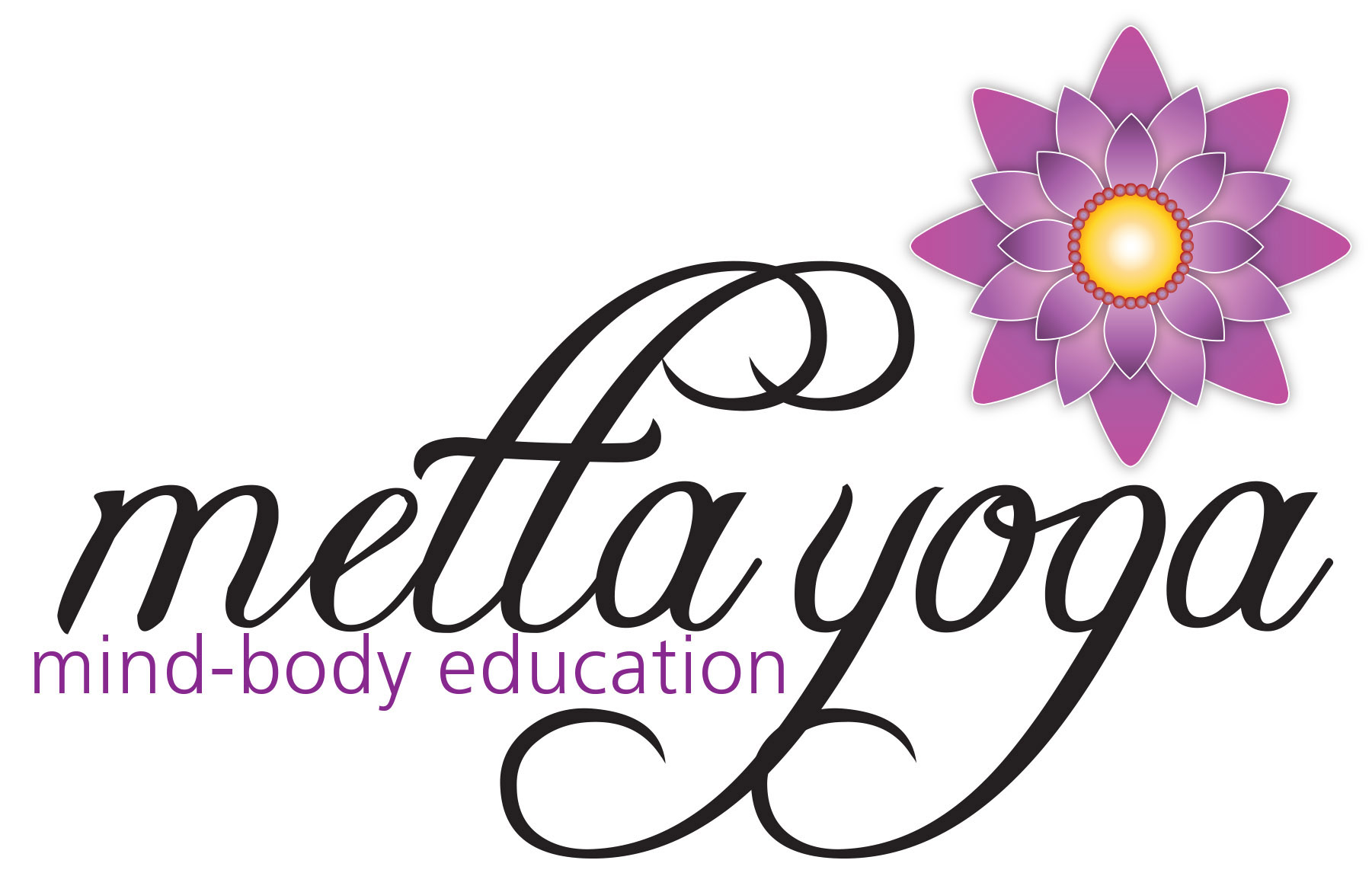TRAUMA SENSITIVE YOGA
A “trauma sensitive” Yoga class is taught differently from the typical studio Yoga class. Sometimes a studio class is not comfortable for a trauma survivor and in fact may feel dangerous and scary. A trauma survivor can be an adult who suffered childhood abuse, domestic violence or sexual assault, or someone who experienced a horrible accident or a former soldier with Post-Traumatic Stress Disorder (PTSD.)
Dr. Bessel van der Kolk is the recognized authority on PTSD and heads The Trauma Center in Brookline, Massachusetts. He has said that, “the goal of treatment of PTSD is to help people live in the present without feeling or behaving according to demands belonging to the past.” You can read Dr. van der Kolk’s interview How Yoga helps Post-Traumatic Stress Disorder.
The Trauma Center has established empirically that Yoga is helpful for people with PTSD (van der Kolk, 2006). Along with feedback such as, “I feel like I can use my body again,” the groundbreaking study that the Trauma Center conducted in 2004 showed that Yoga changes core brain physiology related to PTSD and trauma. Their research shows that Yoga is an adjunct to talk therapy, noting that talk therapy can only go so far because it is “head centered” rather than “body centered”. A trauma survivor or someone with PTSD sometimes feels “disconnected” from their body and Yoga can bring body and mind together.
Medical researchers and neuroscientists are catching up to what the ancient yogis knew — that Yoga improves physical well-being and mental health and is a path to personal transformation. The Trauma Center’s research has shown that a 10 week session of trauma sensitive Yoga produces measurable results. Their research showed for the first time that Yoga affects core physiology, namely Heart Rate Variability (HRV), which is associated with PTSD.
To participate in Metta Yoga’s Trauma Sensitive Yoga classes, I ask that the Trauma Center’s protocols be followed:
Because strong emotions may arise in a body-centered practice, you must also be working with a psychologist, psychiatrist, or other mental health professional. You, your counselor, and myself can work together as a team if you desire.
You must continue with any current medication.
No hospitalization for any psychological issues within the last six months.
No active psychosis.
Metta Yoga’s Trauma Sensitive yoga classes are 60 to 75 minutes long. If you prefer one-on-one private yoga, please see this page for pricing — I offer sliding scale to trauma survivors in order to offer the one-on-one experience to more people at reasonable rates.
Small group classes can be created for survivors with a three student minimum. Call for available days/evenings.

